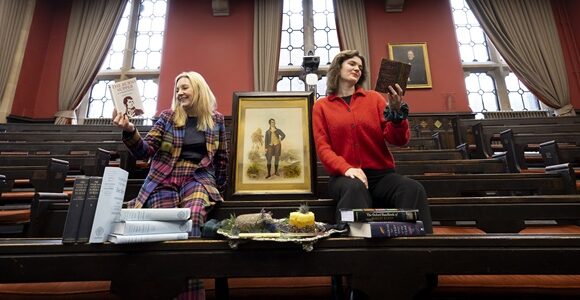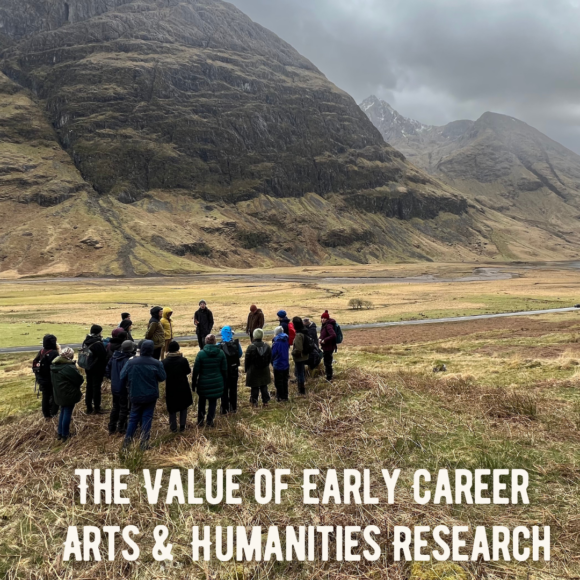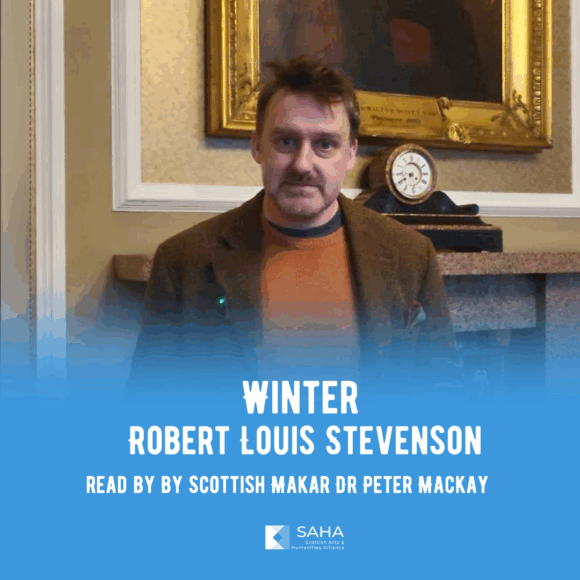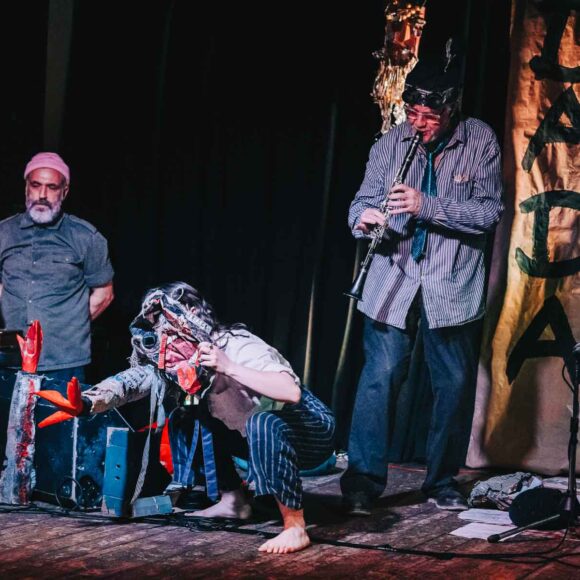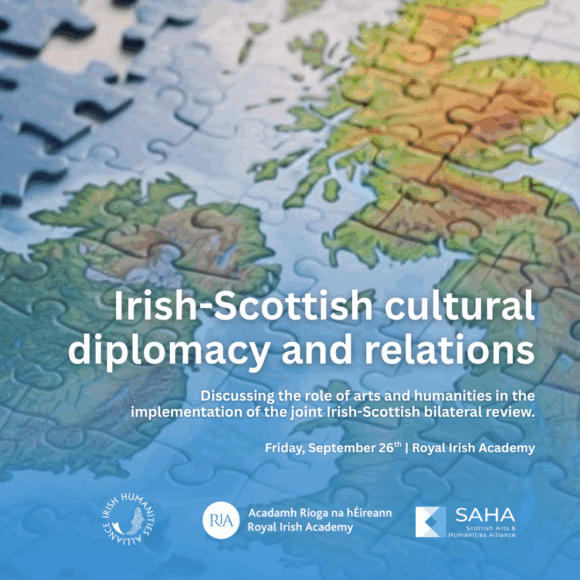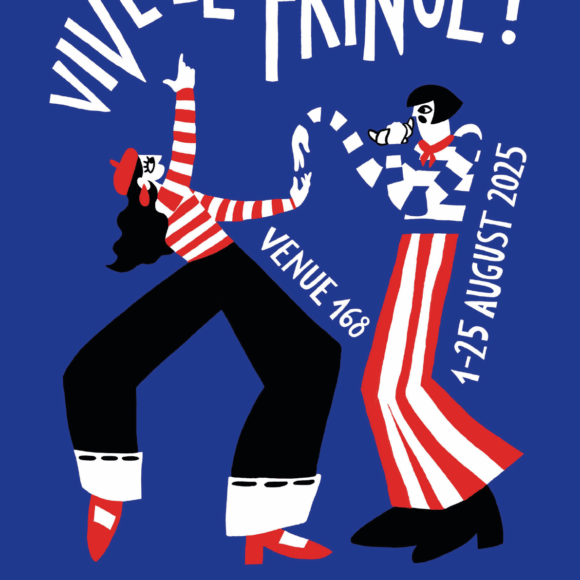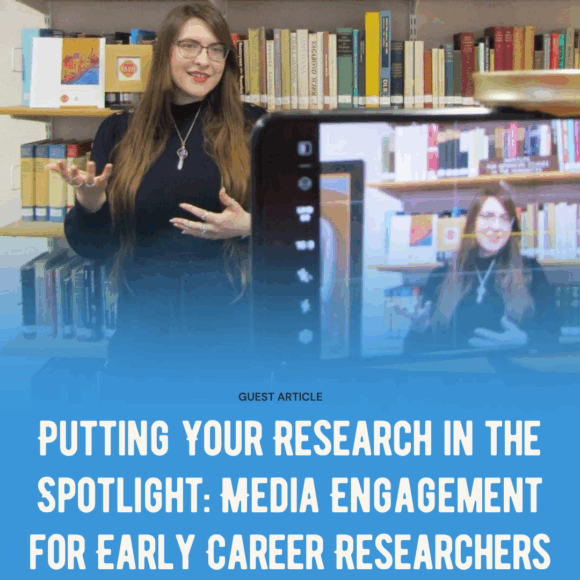Ruaraidh Erskine of Mar (1869-1960) is a fascinating figure in the history of Gaelic activism and international relations. He was a prolific author who wrote in both English and Gaelic and across a variety of genres, and founded several small but influential Gaelic magazines. Dr Petra Johana Poncarová wrote six reasons to invite you to (re) discover Ruaraidh Erskine and his work.
- The unlikely Gaelic activist
Erskine was born into an aristocratic family in Brighton, was a stalwart Catholic, and did not grow up in a Gaelic-speaking environment. He is thus a striking figure in the Gaelic movement at the fin-de-siècle and in the early decades of the twentieth century, when the majority of people involved in promoting the language would have been hereditary Gaelic speakers with familial ties to the Highlands and Islands.
- Writing in Gaelic as a second language
Erskine learnt Scottish Gaelic and became one of the first second-language users to produce creative work in the language – a trend which is now well-established in the Scottish Gaelic literary scene, with major authors including Meg Bateman, Deborah Moffat, and Christopher Whyte. However, in Erskine’s own time, he was much of a unique phenomenon.
- Scottish nationalism with a linguistic agenda
Unlike Ireland and many national movements in Continental Europe in the nineteenth and early twentieth century, efforts to obtain Scottish devolution and independence have been much less connected to cultural and linguistic agenda, a trend also influenced by the existence of two ancient languages that could be claimed for the purpose: Gaelic and Scots. Erskine and people around him were convinced that national language and culture should play a central part in the movement – and that a narrow focus on politics was not enough.
- Local traditions & international trends
Erskine was keen for Scottish Gaelic literature to follow international trends and combine contemporary European developments while drawing inspiration from the Gaelic tradition. He suggested that famous contemporary playwrights should be overjoyed to employ subject matters from Gaelic folklore, such as the tales collected by John Francis Campbell – and to prove the point, he wrote a number of innovative plays in Gaelic himself.
- The first private investigator in Gaelic literature
Aware of the need for popular reading in Gaelic that would break up the association of amusement and pleasure with cultural production in English, Erskine, at a time when series featuring various detectives, from Conan Doyle’s Sherlock Holmes to Baroness Orzcy’s Lady Molly of Scotland Yard, were all the rage, started a series of his own, featuring the Right Honourable John MacRonald who is able to solve intriguing cases involving forged Velasquez paintings as well as survive fights with snake women.
Click here to watch a short video on YouTube and here to read “The Strange Case of Gaelic Detective Short Stories by Ruaraidh Erskine of Mar”
- The hidden influence
A distinctly flamboyant figure, Erskine may come across as one of the eccentric, larger-than-life personalities involved in the whirlwind of political initiatives and small magazines around the turn of the century. However, his magazines played a vital role in the development of modern Gaelic fiction, drama, and journalism. By their high standards, also in terms of visual presentation, and openness to international links and trends, they paved the way for later initiatives, such as the magazine Gairm and the work of the Gaelic poet, scholar, and activist, Professor Derick Thomson, who acknowledged Erskine as one of his key influences.
Click here to read more on Derick Thomson and the Gaelic Revival.
This article was written by Dr Petra Johana Poncarová a Marie Curie Fellow at the University of Glasgow. She serves as secretary of the International Association for the Study of Scottish Literatures and is one of the co-directors of Ionad Eòghainn MhicLachlainn | National Centre for Gaelic Translation. She was the manager of the 3rd World Congress of Scottish Literatures (Prague, 2022). With the ASL, she published a Scotnote on Thomson’s Gaelic poetry in 2020, and her monograph Derick Thomson and the Gaelic Revival is forthcoming from the Edinburgh University Press.
Project ERSKINE
The project ERSKINE, supported by Marie Skłodowska-Curie Actions, guaranteed by UKRI, and carried out at the University of Glasgow in 2023-2025, explores the Gaelic magazines founded by Ruaraidh Erskine of Mar in the first decades of the twentieth century and their impact on the development of Gaelic literature and Scottish national movement. The project is investigated by Dr Petra Johana Poncarová (Marie Curie Fellow) and SAHA co-chair Prof. Murray Pittock.
You can find more information on Project ERSKINE on their website and X (formerly knows as Twitter).
